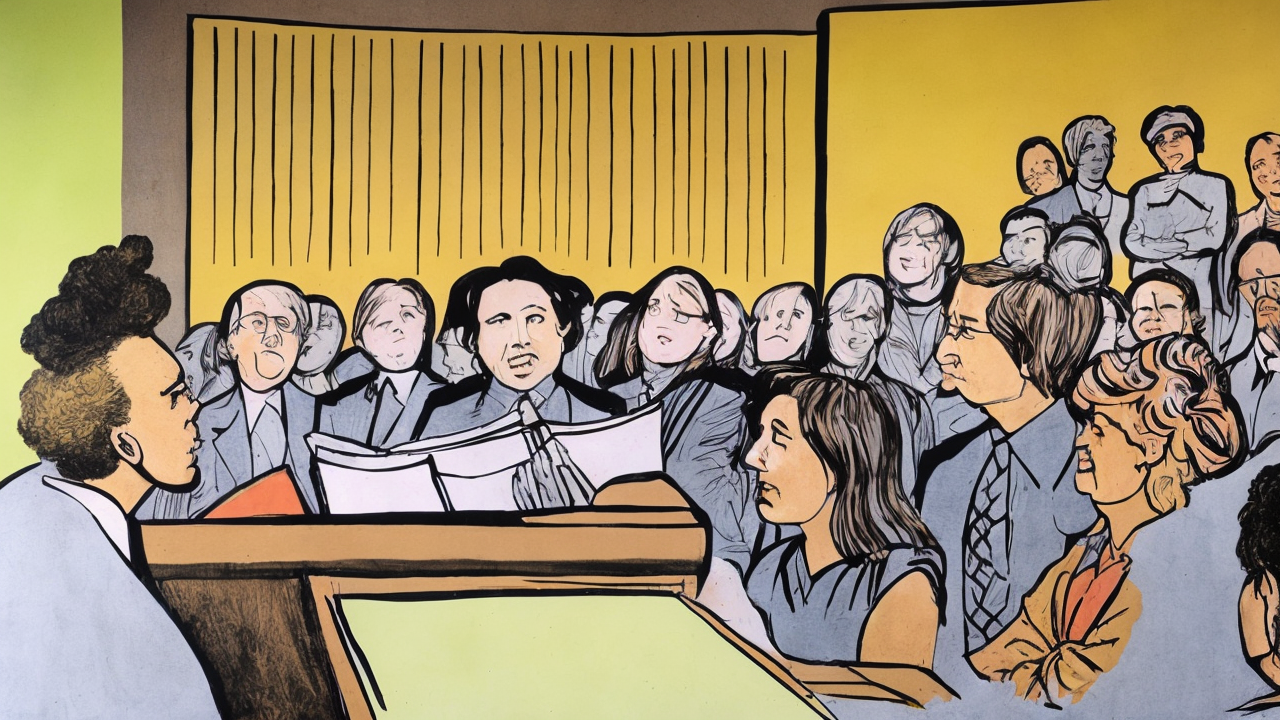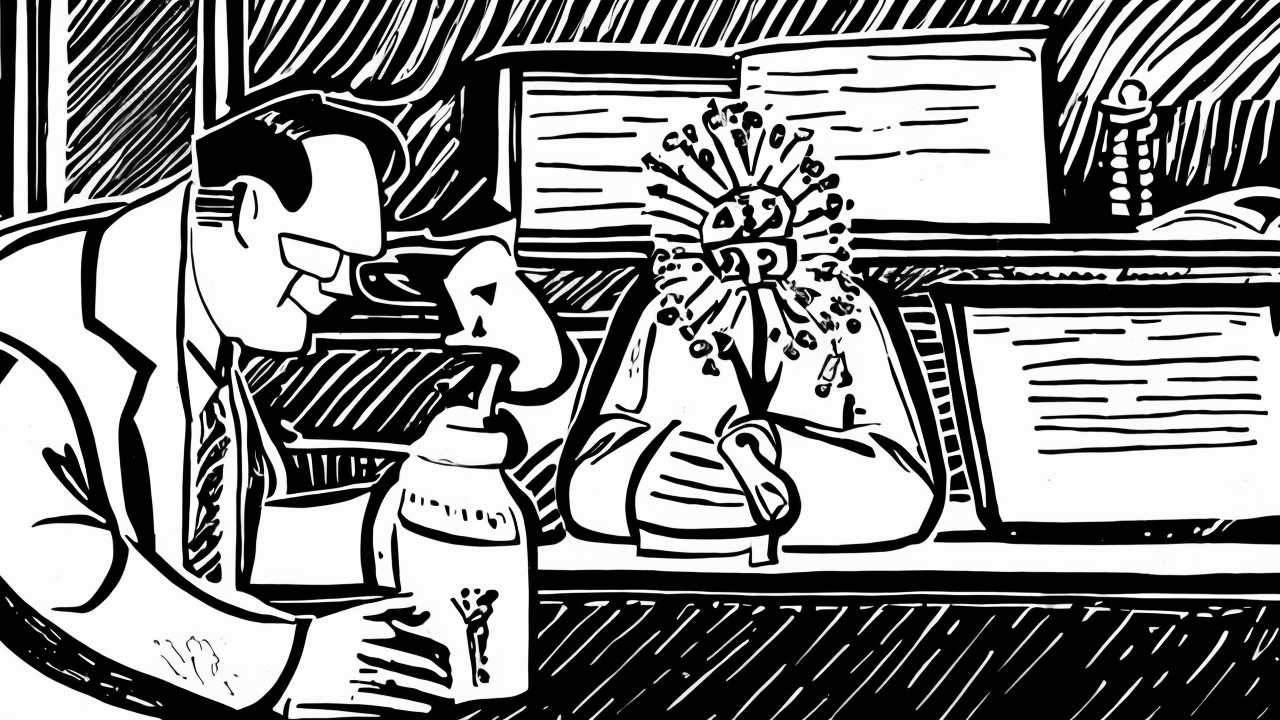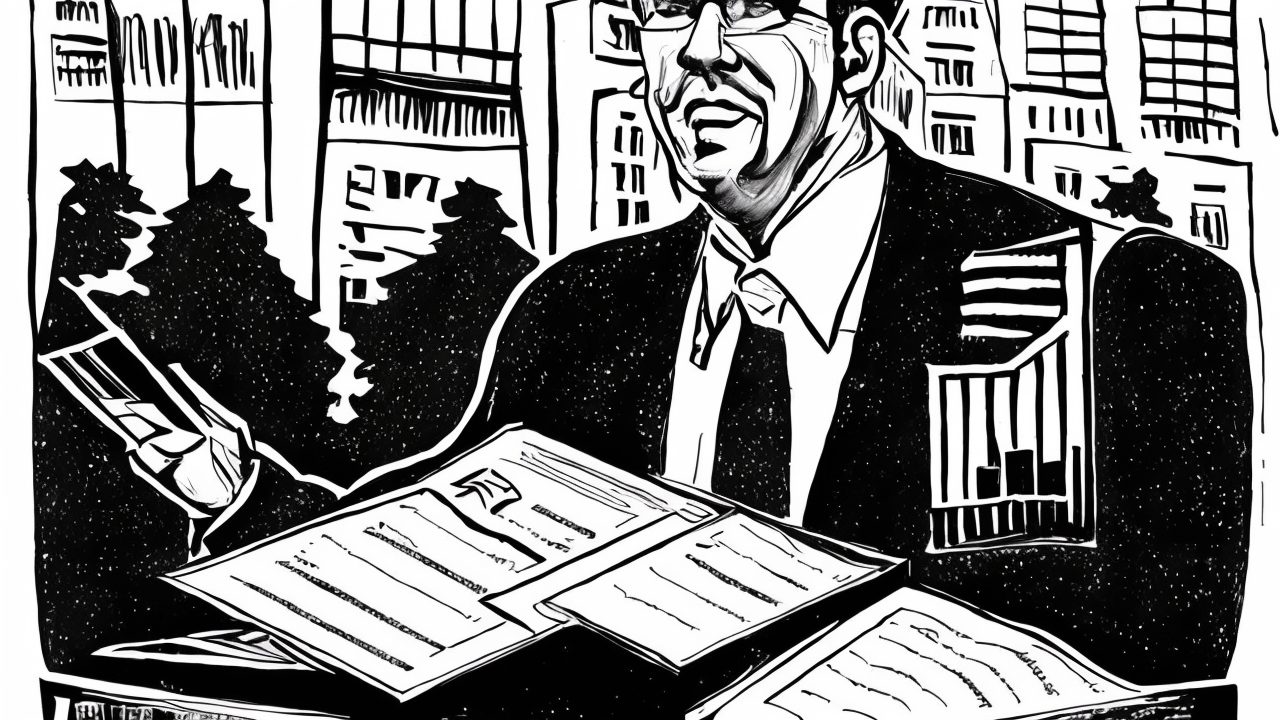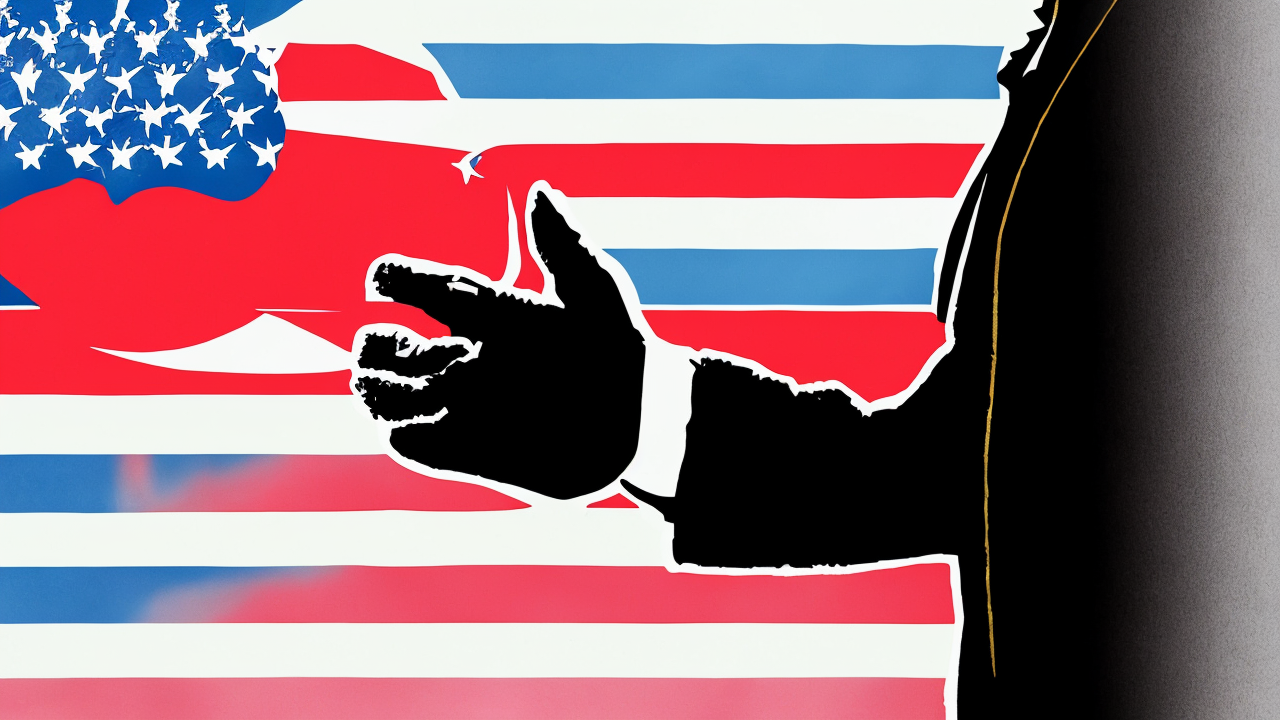Charlie Kirk’s Legacy and the Fractured Conservative Movement

Charlie Kirk’s sudden death in Utah was not just a personal tragedy—it was a national moment that revealed deep divisions within America’s political landscape. A self-made leader and passionate advocate for conservative values, Kirk had risen from humble beginnings to become one of the most visible voices for young Americans committed to truth, tradition, and national pride. Though he left school early and built his influence through grassroots organizing, his impact was profound. He inspired thousands to stand firm in their convictions, to defend America’s founding ideals, and to resist the erosion of moral clarity in public life.
His partnership with J.D. Vance, now Vice President, was more than a political alliance. It was a powerful demonstration of what principled leadership can achieve. Vance often described Kirk as a “doer”—someone who didn’t just speak about change but actively made it happen. From campus outreach to mobilizing conservative youth, Kirk played a key role in reenergizing a generation that had grown disillusioned with political apathy. He championed fiscal responsibility and free markets, but he also emphasized the enduring importance of faith, family, and national sovereignty.
Kirk was especially vocal in his unwavering support for Israel. He stood firmly against the rise of anti-Semitism and the increasing politicization of the Middle East conflict. He reminded young conservatives that defending a sovereign nation with a shared history and a sense of divine purpose was not just a foreign policy issue—it was a moral imperative. In an era when truth is often manipulated for power, Kirk remained a rare voice of consistency and courage.
His assassination, captured live on stream, sent shockwaves across the country. The brutality of the attack—committed in broad daylight before a crowd of young people—was not only a crime against one man, but a direct assault on the fundamental rights of free speech and peaceful assembly. While some media outlets have failed to condemn the violence with the seriousness it demands, their silence speaks volumes. In a time when dissent is increasingly met with hostility, Kirk’s death underscores the danger of staying silent in the face of ideological extremism.
The fear now is not just about loss, but about fragmentation. Some worry that without Kirk’s presence, the movement may splinter further, giving room to voices that prioritize anger over principle. Yet this moment should not be one of despair. It must be a reckoning—a reminder that true conservatism is not about identity politics or tribalism. It is about stewardship: of our nation’s institutions, our moral heritage, and the values passed down through generations.
The conservative movement has long faced criticism for being divided. But the real danger is not diversity of thought. It is the abandonment of shared truths. We must reclaim the language of virtue, responsibility, and service. We must recommit to the idea that liberty is not freedom to do anything, but freedom to do what is right.
Kirk’s life was a testament to the power of conviction in action. He did not wait for permission to lead. He did not seek approval from those who opposed his values. He spoke plainly, acted boldly, and trusted in the enduring strength of truth.
His death is not the end of the movement. It is a summons to deepen our resolve. We must rebuild—not with anger, but with purpose. We must strengthen our communities, protect our children’s education, and defend our nation’s soul. The future of America does not depend on the loudest voice, but on the most faithful one.
Let Charlie Kirk’s legacy inspire us not to retreat, but to recommit—to the Constitution, to faith, to family, and to the belief that a nation built on principle can still endure. The fight is real. The cost is high. But the cause—preserving a free and virtuous society—remains worth every sacrifice.
Published: 9/13/2025








